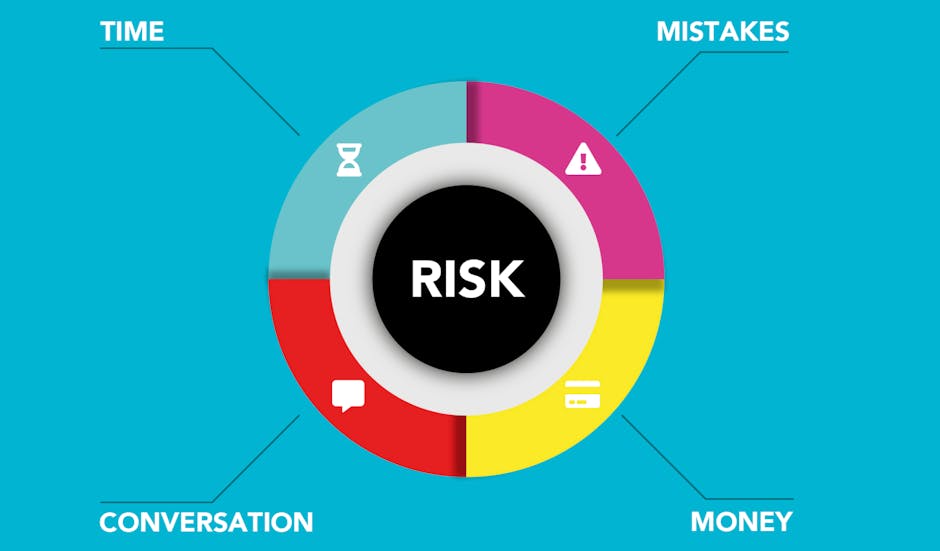Professional Indemnity Insurance for Businesses: Reliable Risk Management
Professional indemnity insurance serves as a critical safety net for businesses, protecting them from the financial and reputational risks associated with claims of professional negligence or errors. In an increasingly litigious environment, the importance of this type of insurance cannot be overstated for businesses of all sizes.

From small startups to large corporations, having a robust indemnity policy in place can mean the difference between surviving a costly legal battle and facing financial ruin. Understanding its nuances is essential for business owners seeking to safeguard their operations while maintaining trust with clients and stakeholders.
What Is Professional Indemnity Insurance?
Professional indemnity insurance is designed to cover legal costs and damages resulting from claims made against businesses or professionals for alleged errors, omissions, or negligent acts in their services. It is especially relevant for industries such as consulting, engineering, law, healthcare, and design where specialized expertise is provided. This type of coverage ensures that businesses can address claims without jeopardizing their financial stability.
Policies typically include coverage for legal defense costs, settlements, and any awarded damages. A management consultant accused of providing faulty advice that led to a client’s financial loss could rely on professional indemnity insurance to manage legal expenses and compensate the client if necessary.
Unlike general liability insurance, which covers physical injuries or property damage, professional indemnity insurance specifically addresses financial losses stemming from professional services. This distinction makes it indispensable for service-oriented industries.
Why Businesses Need Professional Indemnity Insurance
The need for professional indemnity insurance stems from the growing reliance on expert advice and services across various sectors. Mistakes or perceived shortcomings can result in significant claims that disrupt operations and harm reputations.
- Legal Protection: It shields businesses from hefty legal fees when defending themselves against claims.
- Client Confidence: Having a policy in place reassures clients that any potential issues will be handled responsibly.
- Compliance Requirements: Many industries mandate professional indemnity insurance as part of licensing or contractual agreements.
A practical example is seen in architectural firms where errors in blueprints could lead to construction delays or additional costs. Without adequate insurance, such situations could escalate into legal disputes with clients seeking compensation.
Key Features of Professional Indemnity Policies
The specifics of professional indemnity insurance policies vary depending on the insurer and industry requirements. Certain features are commonly included:
1. Coverage Limits: Policies specify maximum payouts per claim and aggregate limits over the policy period. Business owners should carefully assess these limits to ensure adequate protection based on their operational risks.
2. Retroactive Cover: Some policies provide coverage for claims arising from work completed before the policy start date, offering added security for long-term projects.
3. Tailored Industry Coverage: Insurers often customize policies to address risks unique to specific professions, such as medical malpractice for doctors or intellectual property disputes for creative agencies.
An informed selection of these features can significantly enhance a business’s ability to respond effectively to potential challenges.
The Costs Involved
The cost of professional indemnity insurance depends on several factors including the nature of the business, its size, annual revenue, and claims history. Businesses operating in high-risk sectors like healthcare or construction may face higher premiums compared to those in low-risk industries such as IT consulting.
| Factors Affecting Cost | Impact |
|---|---|
| Industry Type | Sectors with higher risks typically incur higher premiums. |
| Policy Limits | Larger coverage limits result in increased costs. |
| Claims History | A history of frequent claims raises premium rates significantly. |
To find affordable yet comprehensive coverage, businesses are encouraged to compare quotes from multiple insurers while ensuring they meet their specific needs.
How to Choose the Right Policy
Selecting the right professional indemnity policy requires careful consideration of business-specific risks and requirements. Engaging with an experienced insurance broker can help simplify this process by identifying tailored solutions based on industry standards and individual needs.
A few tips when evaluating policies include:
- Understand Exclusions: Familiarize yourself with what isn’t covered under the policy to avoid unpleasant surprises during claim settlements.
- Check Insurer Reputation: Opt for insurers with a strong track record in handling claims efficiently and fairly.
- Review Policy Terms: Carefully read through terms regarding deductibles, claim limits, and renewal conditions to ensure alignment with your business goals.
The Role of Professional Indemnity Insurance in Risk Management
This form of insurance plays a pivotal role in comprehensive risk management strategies. By transferring potential financial liabilities to insurers, businesses can focus on delivering quality services without undue concern over legal repercussions. Furthermore, it enables companies to respond proactively rather than reactively when faced with challenges, thereby fostering resilience and continuity.
Professional indemnity insurance is more than just a precautionary measure, it is an essential component of responsible business management. For enterprises seeking long-term growth while minimizing vulnerabilities, investing in this type of coverage ensures preparedness against uncertainties inherent in delivering specialized services. Careful evaluation when choosing a policy not only safeguards financial interests but also strengthens credibility among clients and partners alike. As industries continue to value professionalism and accountability, having robust indemnity protection underscores a commitment to excellence and integrity.
